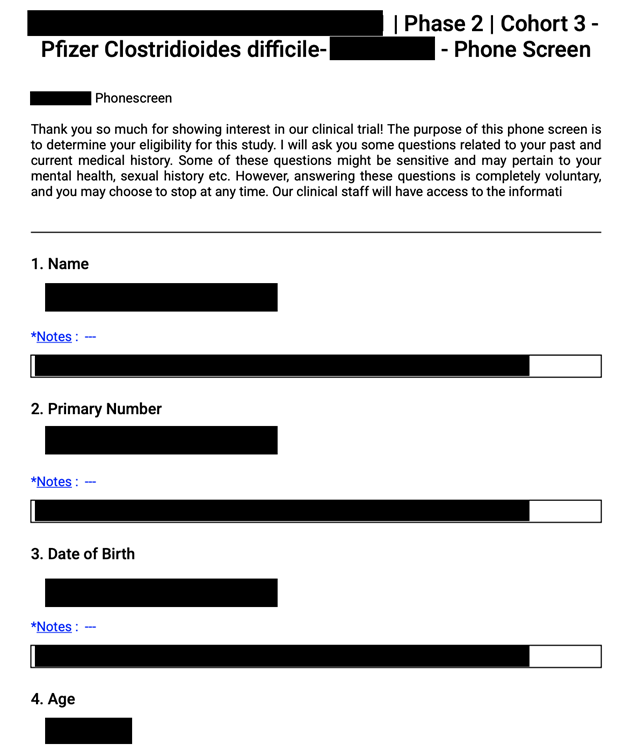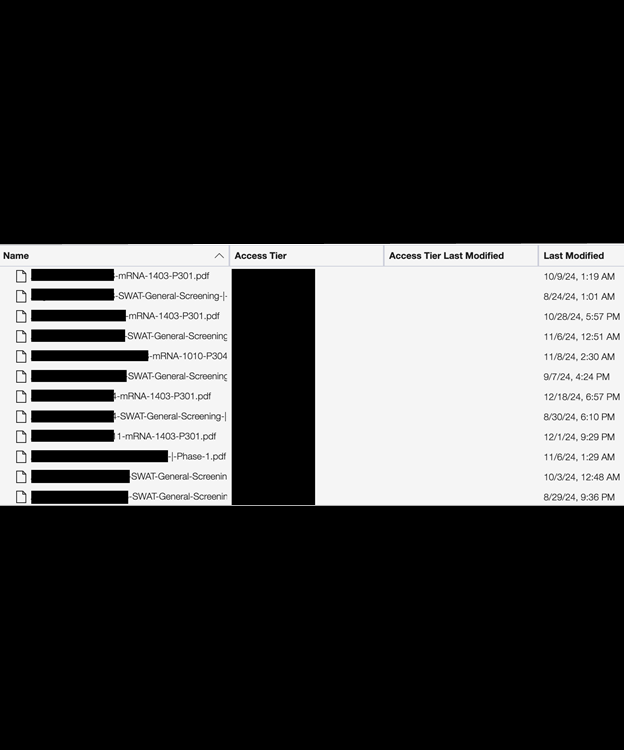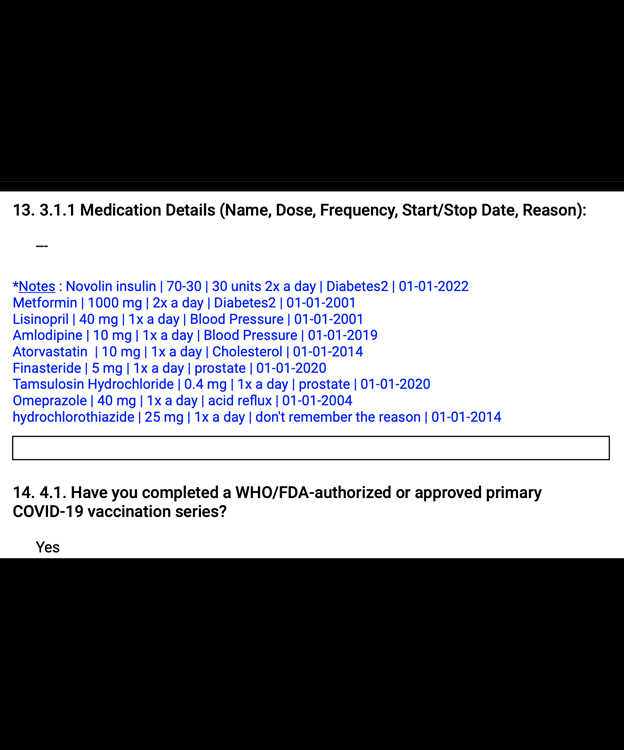A clinical research firm based in Dallas, Texas, has suffered a significant data breach, exposing sensitive personal health records of more than 1.6 million individuals, all due to a lack of security authentication.
Recent investigations revealed that a poorly configured healthcare database, which contains over 1.6 million records from medical surveys, was left publicly accessible on the internet without any encryption, password protection, or security measures.
This exposed database belongs to DM Clinical Research, a network involved in conducting clinical trials and medical surveys in Texas. The breach was brought to light by cybersecurity expert Jeremiah Fowler, who disclosed the findings through Website Planet on February 18, 2025.
The compromised database revealed a wealth of personal and medical information, which included names, birth dates, phone numbers, email addresses, vaccination records, and details regarding current medications. Additionally, some records noted adverse reactions to COVID-19 vaccines, names of healthcare providers, and information about whether individuals were on birth control or pregnant.
DM Clinical Research collaborates with pharmaceutical companies and medical organizations to carry out research studies and surveys. The company has reaffirmed that safeguarding sensitive data is a high priority. Although they restricted access to the exposed database following notification from Fowler, questions remain regarding the duration of the exposure and the possibility of unauthorized access prior to the breach.
It is unclear whether DM Clinical Research managed the database internally or if it was handled by an external contractor. While the information leaked originated from surveys and did not include complete medical records, the potential implications for affected individuals are serious.
Exposure of such sensitive health data could attract data brokers and may influence health insurance practices, potentially leading to increased premiums based on the leaked information. Additionally, if this data were to fall into the wrong hands, malicious actors might exploit it to engage in cybercrimes such as phishing, smishing (SMS phishing), identity theft, or even online blackmail.
This incident exemplifies critical vulnerabilities in data management practices and emphasizes the need for robust security measures to protect sensitive health information. In terms of potential tactics utilized during the breach, adversaries may have employed methods consistent with MITRE ATT&CK tactics such as initial access through misconfiguration, and subsequent persistence to maintain access without detection. Organizations must take note of these tactics to enhance their cybersecurity posture and avoid similar breaches in the future.


